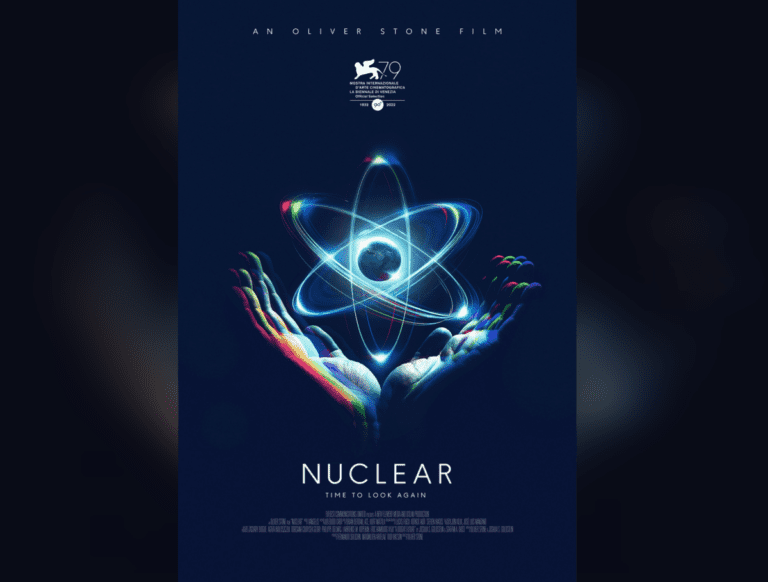Atomic Show #232 – Against the Tide by RADM Dave Oliver
Though it has been more than 30 years since Admiral Rickover finally retired from his position as the head of Naval Reactors, his legacy lives on in the people he directly trained and in the people that those initial Navy nukes trained and led.
A new book titled Against the Tide: Rickover’s Leadership Principles and the Rise of the Nuclear Navy, by Dave Oliver provides another look at what others can learn from Rickover’s successes and failures.
RADM Dave Oliver graduated from the Naval Academy in 1963 and entered the US Navy nuclear submarine program near the peak of its rapid build up from no nuclear powered submarines in 1954 to more than 140 nuclear submarines by the end of the 1980s.
Though he was not assigned to Admiral Rickover’s staff, he had more than his share of direct contact with the “Kindly Old Gentleman” and is able to share a number of unique experiences that provide insight into Rickover’s techniques for inspiring, cajoling or forcing people to work hard and perform well.
One of the assignments that brought him closer to the Admiral than many of his contemporaries was his tour as the Engineer Officer on the USS Nautilus, the first nuclear powered submarine. By the time Oliver was assigned to the job, the Nautilus was showing her age and the fact that she was a first of a kind.
Sometimes Rickover’s way of doing business made him a lot of enemies, sometimes it made him a hero in the eyes of the people who controlled the purse strings in Congress and in the White House. Unfortunately, some of the people who served in the Nuclear Navy took drastic actions when they decided they could no longer take the stress of trying to meet Rickover’s standards or work ethic.
In the book and during our discussion, Oliver relates a tragic story about one of his best friends.
To learn more about RADM Dave Oliver and find out what other books he has published, please visit DaveOliverBooks.com.
I hope you enjoy the show.
Podcast: Play in new window | Download (Duration: 49:57 — 45.9MB)
Subscribe: RSS



I guess a nuclear navy background puts one in a good spot to write a book about nuclear power. Maybe the time has come for a well written book about nuclear power. It may be time to get moving on the climate change thing. Books have made a difference in the past. They say “Uncle Tom’s Cabin,” by Harriet Beecher Stowe was a one of the sparks that lit the fire of the War Between the States. Some say “Silent Spring,” by Rachel Carson got the environmental movement in process. Here’s a website with more famous books:
http://oedb.org/ilibrarian/50_books_that_changed_the_world/
Even in these times of electronic media, I think a good book can be a cusp point for change.
Taking after this discussion which should be continued if possible, a related topic to explore and expose is just how nuclear-savvy are reporters and journalists when far too many of them actually think cooling towers ARE reactors! One way to fight FUD and de-fang anti-nuclear smears in the press corp would be showing up their nuclear ignorance in the wake of the abolishment of the media science editor who served so well educating the public during the Apollo era.
James Greenidge
Queens NY
In the nuclear industry, we spend a lot of time and effort in the Cognitive Domain of training.
Knowledge of the technology in the classroom, skills in the simulator and in the plant.
The underutilized Affective Domain was the stomping grounds of Admiral Rickover.
Attitudes, Values, Beliefs, Customs – the foundation of culture.
He was a brilliant Engineer, one could not doubt his genius.
He was also the master of theater.
His legendary tyrades were reminiscent of my favorite deceased football coach Woody Hayes.
Nuclear grade hissy fits motivated his organization and Congressional friends alike.
It’s the great untapped reservoir of potential.
You can teach a man all of the knowledge and skills until he’s smart enough.
If you can make a man WANT to excel, you’ve built culure in the process.
Rickover won decisively on both Cognitive and Affective.
After a bad plant transient, I felt defeated. My heart was in it. The Green Table was to make sure it was.